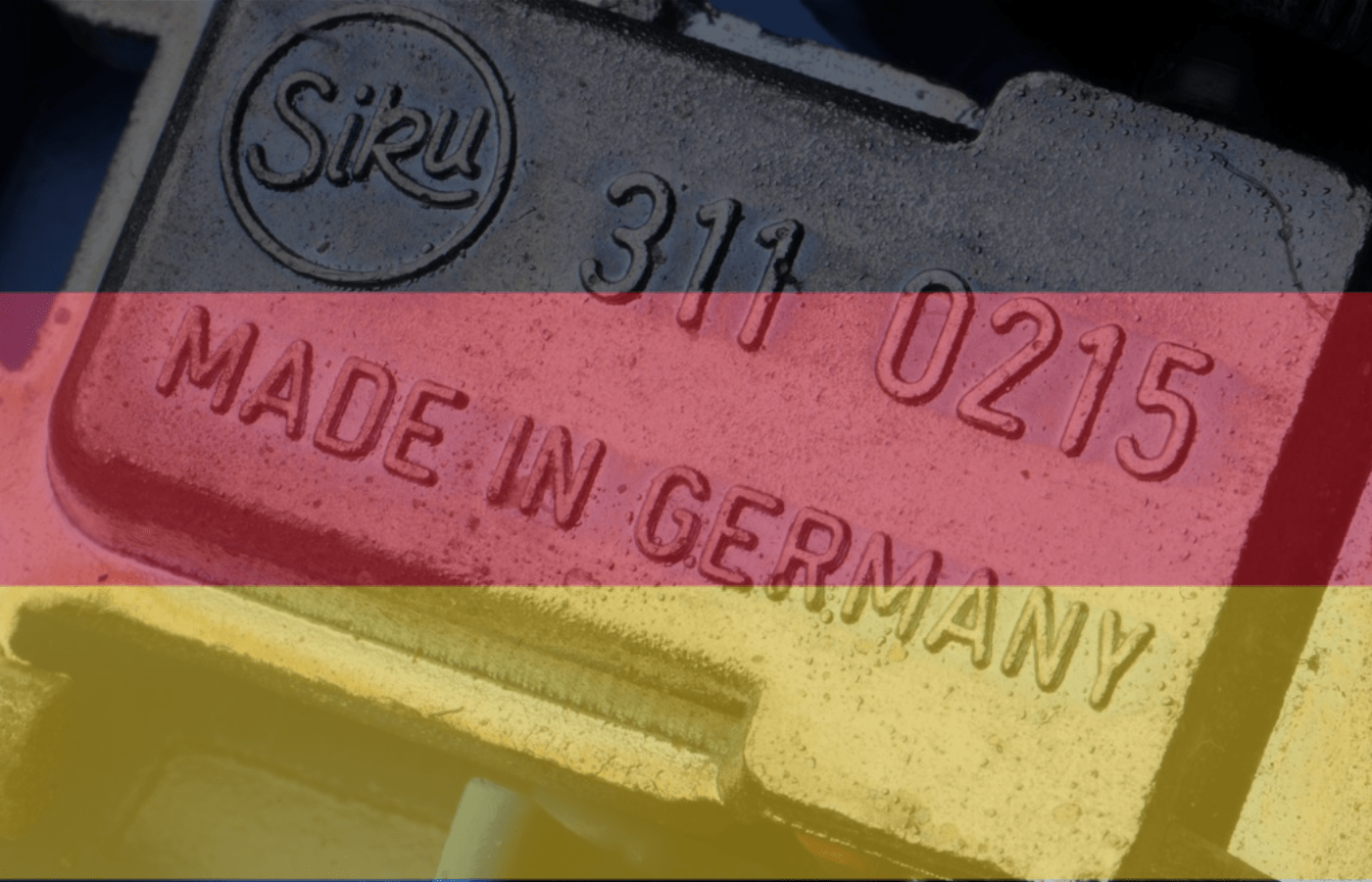
”Made in Germany”
Germany and Britain: The Story of Competition after the Industrial Revolution
When we think of the rivalry between Germany and the UK, the First and Second World Wars and the millions of people who died naturally come to mind. However, this power struggle extends much further back than the battlefields. One significant front of this struggle is the efforts of German industrialists who could not remain indifferent to British dominance after the Industrial Revolution. Their efforts are exemplary in many ways. Let’s take a brief look at what happened in the past and learn some lessons from it.
The Industrial Revolution and British Goods
The Industrial Revolution began in England in the late 18th century and quickly spread worldwide. Thanks to steam power, machines, and the factory system, England multiplied its production capacity and dominated world markets. British goods became synonymous with quality and innovation, and the “Made in England” label became a symbol of reliability.
The Germans and the Era of Copying British Goods
But Germany wanted to enter the race as well. In the mid-19th century, German industrialists tried to boost their own production by copying British goods. The British were uneasy with this German strategy and in 1887 made it mandatory for products from Germany to be labeled “Made in Germany.” This move was intended to create the perception that German goods were of poor quality.
“Made in Germany” and German Success
However, things did not go as planned. German industrialists viewed this label not as a disadvantage but as an opportunity to improve their quality. By integrating science and technology into production processes, Germany enhanced quality and began developing innovative products. Over time, the “Made in Germany” label became a symbol of quality and reliability. German engineering and meticulous craftsmanship gained worldwide appreciation.
The Reasons Behind German Success
Several key factors underpin this significant German success. Germany placed a strong emphasis on education and science, building a robust education system. Universities and technical schools produced a qualified workforce to meet the needs of the industry. German companies also invested heavily in research and development, continuously focusing on innovative technologies and products.
Their meticulous attention to quality control processes was noteworthy. A rigorous inspection mechanism was established at every stage, from production to sales. This ensured that German products were recognized worldwide for their reliability and high quality. Moreover, German business culture is rooted in efficiency and discipline, ensuring that production processes are effective and error-free.
In conclusion, the success of the Germans can be explained by their investment in science and technology, innovative approaches, emphasis on quality, and disciplined work culture. These factors helped Germany become a world leader in industry and engineering.
Today’s Situation: Germany vs. UK
Today, Germany stands as the largest economy in Europe and the fourth largest in the world. German cars, machinery, and chemical products are in high demand globally. The UK remains a strong economy, but it plays a more limited role compared to Germany’s production capacity and technological superiority.
UK continues to excel in the financial sector and services, while Germany leads in industry and engineering. Post-Brexit, the UK’s departure from the European Union has shifted economic dynamics, and Germany has strengthened its position as the economic engine of the EU.
In summary, the post-Industrial Revolution rivalry between Britain and Germany is one of the most fascinating economic stories in history. The German ability to transform the “Made in Germany” label into an advantage illustrates what can be achieved through quality, innovation, and determination. Today, these two countries remain strong economic players in different domains.
Sources and Book Recommendations
For those interested in delving deeper into this story, here are a few recommended sources:
**”The German Genius: Europe’s Third Renaissance, the Second Scientific Revolution, and the Twentieth Century” by Peter Watson** – A comprehensive book on German achievements in science, technology, and industry.
**”Germany: Memories of a Nation” by Neil MacGregor** – An engaging account of Germany’s history and cultural development.
**”The Industrial Revolutionaries: The Making of the Modern World 1776-1914″ by Gavin Weightman** – A book about the global impact of the Industrial Revolution and its key figures.



